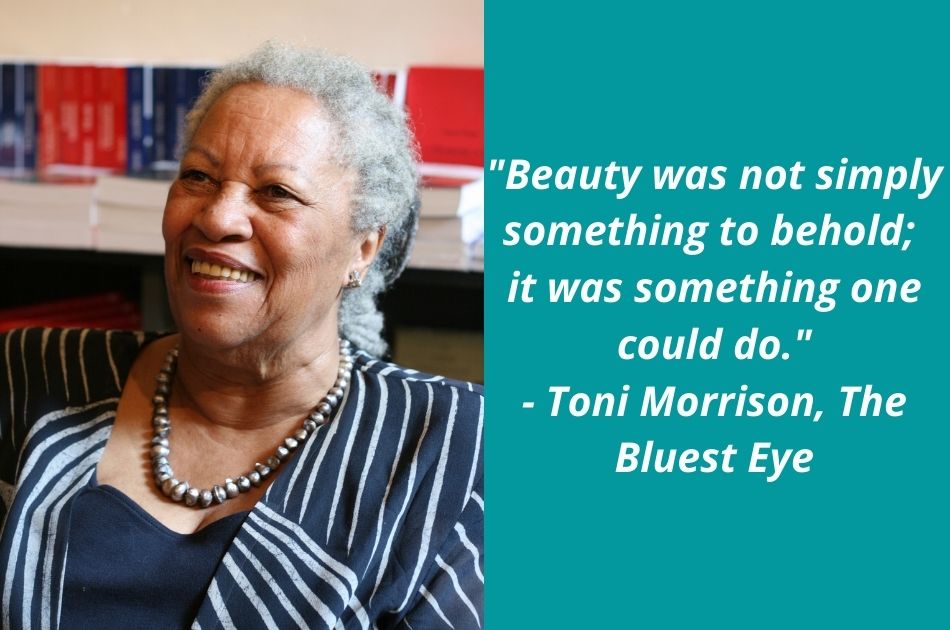Last month, the board of the Wentzville School District of St. Louis, Missouri voted to ban Nobel Laureate Toni Morrison’s novel, The Bluest Eye from school libraries. This came after a handful of parents requested the book be banned, citing themes of racism and child abuse.
Now, after a lawsuit over an infringement of first amendment rights, The Bluest Eye is once again available in high schools in the Wentzville school district.
A victory for free speech
The reaction against the initial ban of The Bluest Eye was quick and substantial. Opponents to the ban found it to be against first amendment rights. Support against the ban was taken up on social media and also by a number of organizations who directly addressed the Wentzville school board.
“We encourage you to reexamine the depth of your commitment to education in the truest sense, and to find your courage in the face of baseless political grandstanding at the expense of educators and students in your district,” the Intellectual Freedom Committee of the Missouri Library Association wrote to the board.
Taking up the fight for the First Amendment, the American Civil Liberties Union of Missouri sued the school district. The board revised its thinking and revoked the ban, letting Morrison’s novel and Gabi, a Girl in Pieces by Isabel Quintero be read in schools.
Other books remain banned, however.
“Wentzville’s policies still make it easy for any community member to force any book from the shelves even when they shamelessly target books by and about communities of color, LGBTQ people and other marginalized groups,” said ACLU official, Anthony Rothert.
Public involvement, a check for civil liberties
While it is a parent’s prerogative to choose what their child reads, it goes too far to ban a book entirely for a community. Some may manage to ban books in certain school districts, but the ability for communities to rally against such censorship and fight for free speech has never been stronger.












